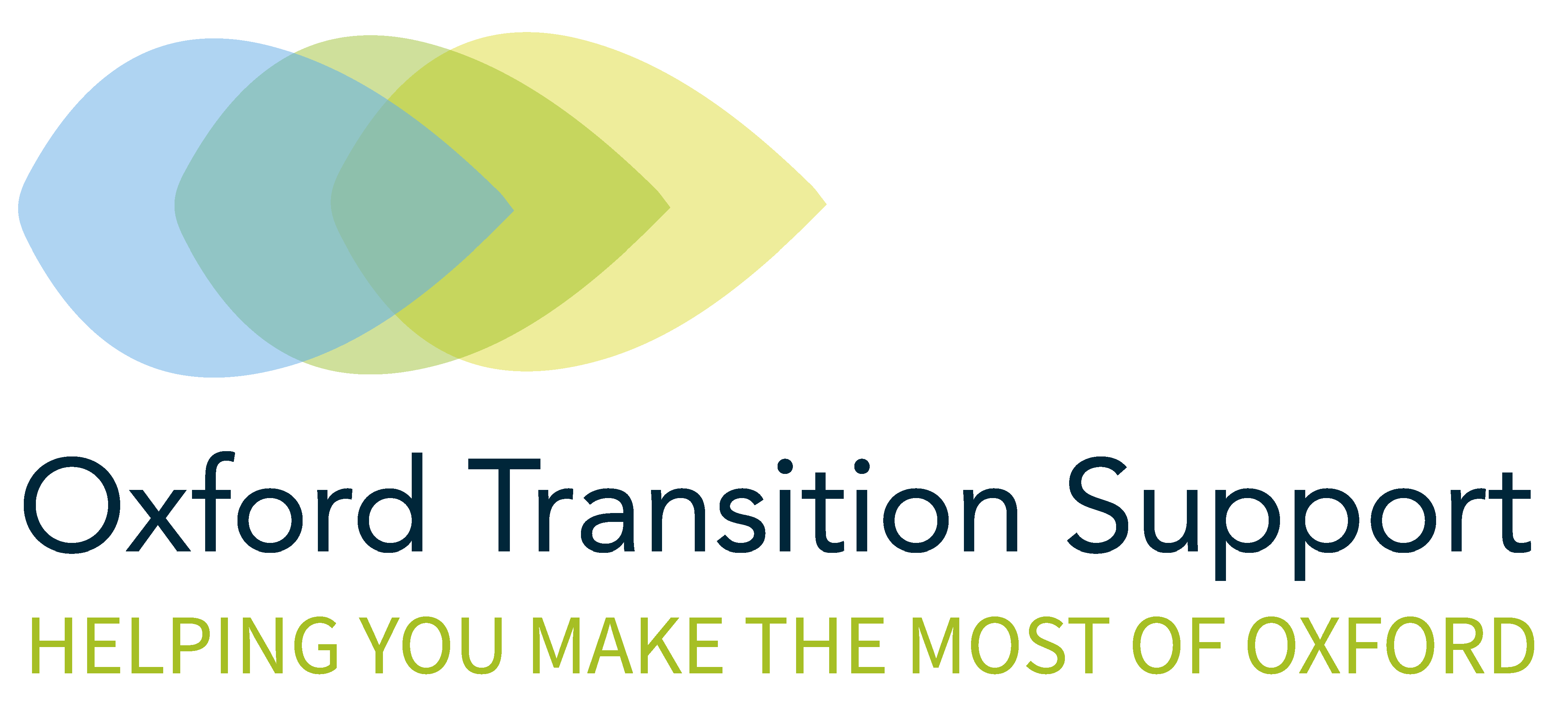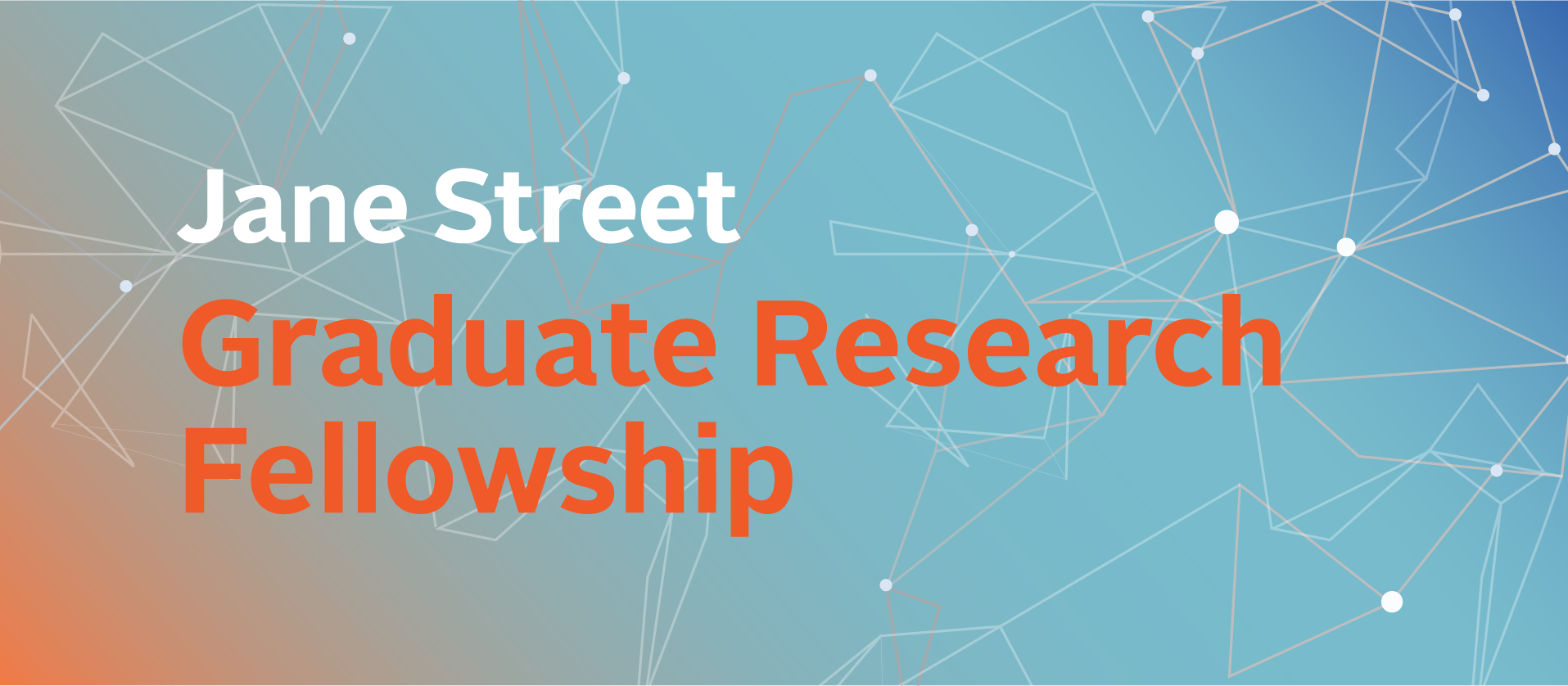Mirror symmetry and line operators
Dimofte, T
Garner, N
Geracie, M
Hilburn, J
Journal of High Energy Physics
volume 2020
issue 2
75-75
(12 Feb 2020)
Generalized affine Springer theory and Hilbert schemes on planar curves
Garner, N
Kivinen, O
International Mathematics Research Notices
volume 2023
issue 8
6402-6460
(02 Mar 2022)
Automated Assessment of Python Code
Morley, S
MSOR Connections
volume 18
issue 2
45-48
(09 Jul 2020)
Swiss Cheeses and Their Applications
Feinstein, J
Morley, S
Yang, H
Contemporary Mathematics
volume 645
99-118
(2015)
RoughPy: streaming data is rarely smooth
Morley, S
Lyons, T
Proceedings of the 23rd Python in Science Conference
320-331
(10 Jul 2024)
The chain rule for $\mathcal{F}$-differentiation
Chaobankoh, T
Feinstein, J
Morley, S
Irish Mathematical Society Bulletin
volume 0077
19-34
(01 Jan 2016)
A reminder - or an announcement if you have just joined us - all our merchandise can be bought online at the College Store. From fleeces to beanies to keyrings, we're on it.
And if you use the code TCS-FRESH10 at the checkout you get 10% off. Obviously this is a code for freshers, but weren't we all once?



